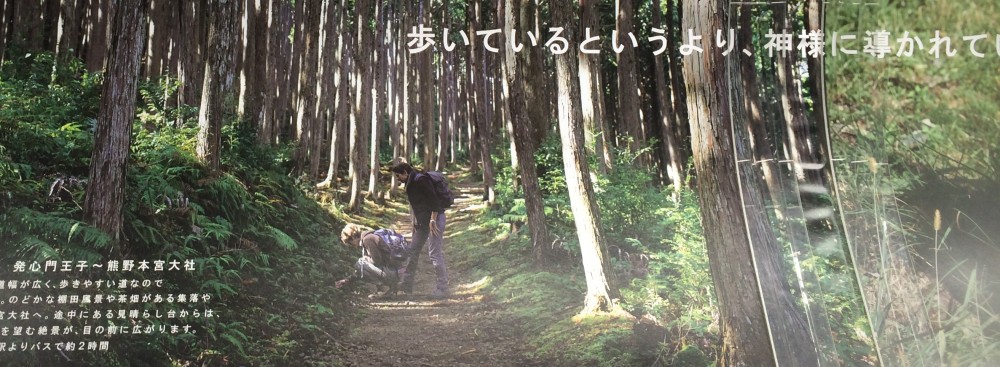No, it is not the uncontrollable urge to grab an encyclopedia for whatever purpose. It is the desire to dig deeper into content, something that is much easier now with embedded links and the internet at our fingertips. You don’t have to hunt and peck for information. You don’t have to comb through feathery haystacks for the proverbial pin; no chickening out at the prospect of trying to find exactly what you are looking for… your every encyclopedic impulse can now be satisfied. (Yes, I am egging you on.)
The term, “encyclopedic impulse†in Henry Jenkins’ blog post, “Transmedia Storytelling 101†struck me as being very evocative. I can imagine a student reading a text and telescoping individual words and phrases out of that flat page into the three-dimensional world of deeper understanding. This is, after all, what each of us does when we read. We usually have some background knowledge which we apply to help us make sense of what we read. We add bits of personal information which helps to deepen our understanding of the text and connect it to our lives. We collect a few assumptions about parts that we are not sure about and wade through the rest of the reading hoping to solve the mysteries with which the text might be complicating our final understanding of the content.
Now, with digital texts, we can literally embed into the reading a veritable encyclopedia of information: definitions, pertinent links, deeper explanations, pictures, maps, related stories, etc. Whatever we don’t know or fail to understand at first glance, can be dug up to increase our understanding.
This works wonderfully with non-fiction readings. We can indulge our encyclopedic impulses until we are sated with information. But the possibilities of adventure and depth of meaning are also waiting to be plumbed in the world of fiction as well. Students at our school are beginning to have a renewed interest in “Choose Your Own Adventure†books where, depending upon the choice you make at the end of a section, you are directed to one page or another to continue the adventure, or possibly to meet an early demise. The book is a bit like a precursor to the now-ubiquitous adventure games (like “Adventure Quest“) where one’s avatar roams through a fantasy world on a quest.
How would we apply the modern capacity for creating an encyclopedic story with a web of storyline possibilities or a depth of background information? This type of project seems perfectly suited for collaborative storytelling where a whole class works together to build a rich literary experience.
The 4th graders at our school are beginning a unit on story writing and will produce a digital story with illustrations, using the simple presentation tools embedded in Google Docs. Initially, the student and teacher will be the only collaborators, but once the students master the tools and hone their storytelling skills, there is the possibility of creating a story authored by the whole class since Google Docs works well collaboratively. The story could be tied to a curriculum unit, such as the “Arctic Regions†where each student would be responsible for creating depth and detail for certain animals or environments that enter into the story. Along with the storyline, information, photos, maps and even videos could be worked into the project. It would be interesting to see what a class could produce using this encyclopedic writing type of approach.


I’ll be experimenting with a “choose your own adventure” collaborative digital storytelling unit next year via video and YouTube. Hope it goes well.
Sounds interesting. Digital is definitely the way to go with “choose your own adventure” stories. Paper versions are too cumbersome. My 15-yr. old used to write collaborative stories quite frequently with various online groups. There was eventually only one storyline chosen, and some writers were ignored or tossed out for producing characters who were too all-controlling, ridiculously powerful or characters who are too perfect… “Mary Sues” as they are called. Often in these collaborative stories, writers are tempted to create their own divergent storyline out of frustration with the other writers. The challenge for a collaborative “choose your own adventure” story is maintaining consistency and believability through the various plot permutations. I would like to see how your experiment turns out.